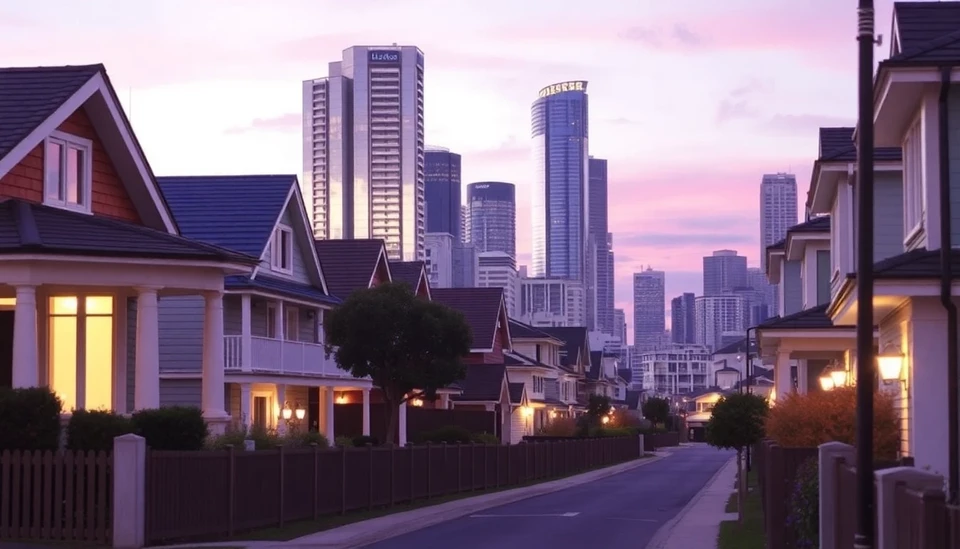
For the first time in nearly two years, Sydney's residential property market is showing significant signs of decline. Recent data reveals that house prices in Sydney have fallen, a stark contrast to the previous upward trajectory that has characterized the city's housing market since early 2022. This downturn has left many real estate analysts and homeowners weighing the implications for the future of property investments in the Australian metropolis.
According to the latest report from property data firm CoreLogic, the median dwelling price in Sydney has dipped 1.1% over the month of October, marking the first monthly decrease since December 2021. The overall market has expanded substantially during this period, fueled by a combination of low mortgage rates and robust demand. Nevertheless, the shifting trends raise questions about the sustainability of this growth, particularly as interest rates remain elevated and affordability issues continue to plague potential buyers.
Experts attribute the recent price decline to a multitude of factors, including rising borrowing costs that have come as a result of monetary policy tightening by the Reserve Bank of Australia (RBA). The central bank's efforts to tame inflation have led to a series of rate hikes since the beginning of 2022. As a result, many prospective buyers are facing challenges in securing financing, prompting a slow down in transactions and leading to a surplus of available inventory on the market.
Furthermore, economic uncertainties, including global economic pressures and changes in consumer sentiment, have added to the complexity of the housing landscape in Sydney. Many buyers are adopting a wait-and-see approach, hesitant to commit to purchases amid fears of further price declines and changing economic conditions.
Despite the recent downturn, some analysts suggest that it may not spell an end to the broader boom seen in the market over the past two years. "It's common to see corrections after significant growth periods," noted one property market analyst. "What we might be witnessing is a normal cooling off rather than a full-blown crash." However, the market's trajectory will be closely monitored in the coming months, particularly as the RBA continues to navigate a challenging economic environment.
In another related development, rental prices in Sydney remain robust. This segment of the property market is experiencing sustained demand as residents grapple with the affordability challenges of homeownership. The pressure on the rental market suggests that while house prices may be cooling, the broader property landscape in Sydney possesses a resilience that could stabilize after this period of adjustment.
As the dynamics of the housing market in Sydney evolve, stakeholders—including buyers, sellers, and investors—are being urged to stay informed and agile. Understanding the fluctuating conditions and making strategic decisions will be crucial as the city navigates through this complex housing environment.
In summary, the recent dip in Sydney's house prices marks a notable shift in a market that has been characterized by growth for nearly two years. As economic and financial factors continue to influence buyer behavior, all eyes will be on the city's property market to see how it responds to these changing tides.
#SydneyHousing #RealEstate #PropertyMarket #HousePrices #Australia #CoreLogic #RBA #HousingMarketTrends
Author: Laura Mitchell

